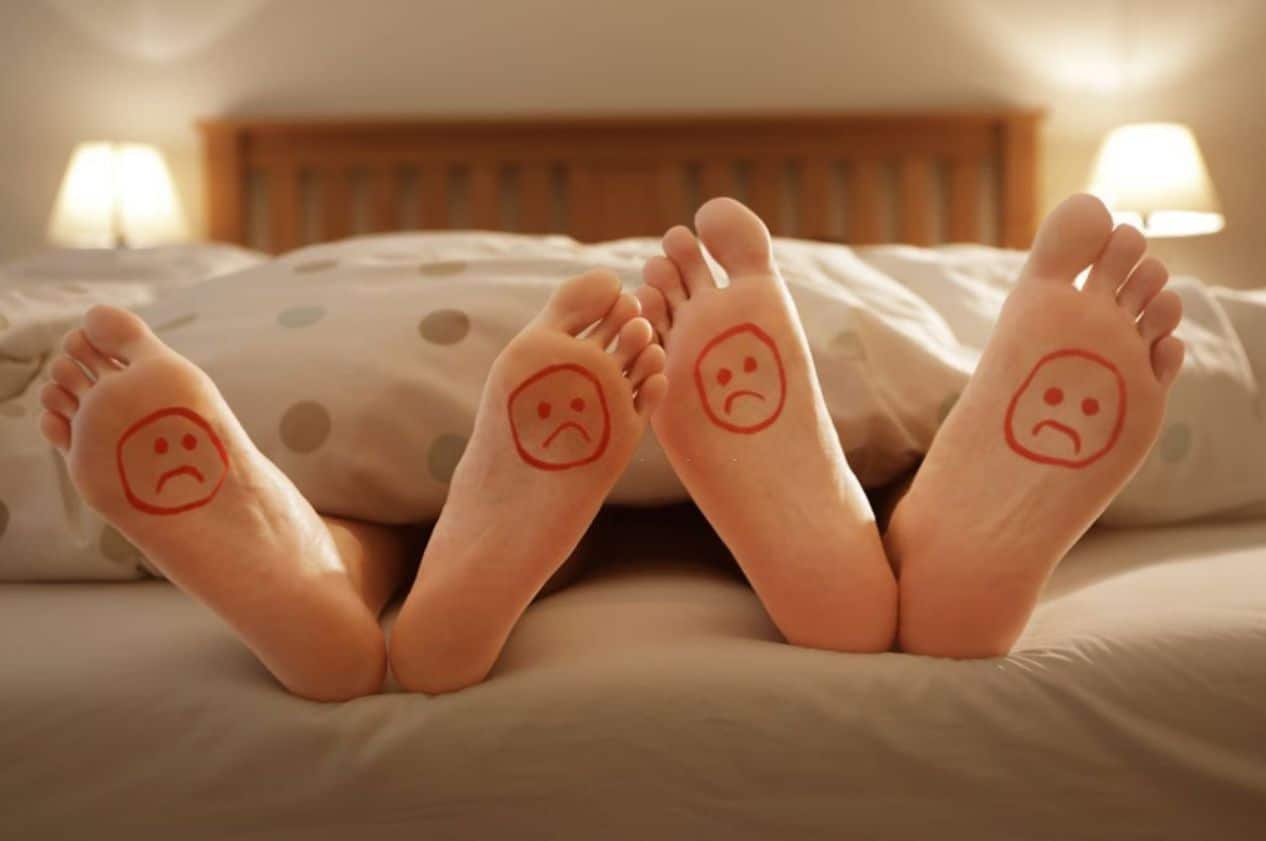
Lack of sexual desire can be upsetting, which can lead to hypoactive sexual desire disorder (HSDD). The effects on relationships, mental health, and fertility might be quite negative. Although it is relatively common, there are few treatment choices for women who have it, many of which have serious side effects, and in some circumstances, simply trying to cure them may be dangerous.
Unfortunately, the success of these therapies is limited. There are no approved therapies for males at this time, and none are anticipated. For both women and men seeking therapy for this unpleasant illness, there is a huge unmet need for new, safer, and more effective medicines.
Now, two new studies published today in Jama show that kisspeptin may help women and men with reduced sexual desire.
Both studies, which were published in JAMA Network Open, reported that kisspeptin can increase sexual responses in women and men with hypoactive sexual desire disorder (HSDD). HSDD is a condition in which a person has a low sexual desire that makes them feel bad. Up to 10% of women and 8% of men around the world have HSDD, which can have devastating emotional and social effects.
Clinicians and scientists from Imperial College London and Imperial College Healthcare NHS Trust led the research. They were supported by the Medical Research Council, a division of UK Research and Innovation, and the National Institute for Health and Care Research (NIHR-Imperial BRC).
Kisspeptin is a hormone that occurs naturally in the body and encourages the production of other reproductive hormones. Kisspeptin has previously been found to improve reactions to sexual stimuli and promote attraction brain circuits in males with intact sexual desire, irrespective of other reproductive hormones such as testosterone. For the first time, they now looked at the impacts on both women and men who had low sexual desire.
There were 32 premenopausal women and 32 males with HSDD in these two clinical studies. Patients in both trials completed blood and behavioral testing, as well as MRI brain scans. When compared to a placebo, kisspeptin treatment enhanced both men’s and women’s sexual brain processing, which had favorable impacts on sexual behavior. These are the first clinical research to look at kisspeptin’s ability to enhance sexual impulses in women and men who are unhappy with their lack of sexual desire.
The findings, in the opinion of the researchers, set the groundwork for kisspeptin-based therapies for both men and women with HSDD.
The findings of both studies show “proof-of-concept for the development of kisspeptin treatments, as we provide the first evidence that kisspeptin is a potentially safe and effective therapy for both women and men with distressing low sexual desire,” comments co-senior author Dr. Alexander Comninos.
In addition, in males, they show that kisspeptin may have beneficial effects on the penis by enhancing its stiffness.
“Furthermore, kisspeptin was well-tolerated by both women and men with no side-effects reported, which is crucial from a drug development point of view. We now plan to take things forward to hopefully realise the potential of kisspeptin therapeutics in psychosexual disorders – sexual problems which are psychological in origin, such as unexplained low libido.”
Both studies “build on our previous work to assess the effectiveness of kisspeptin and its boosting effects in terms of arousal and attraction. It is highly encouraging to see the same boosting effect in both women and men, although the precise brain pathways were slightly different as might be expected,” points out co-senior author Prof. Waljit Dhillo.
“Collectively, the results suggest that kisspeptin may offer a safe and much-needed treatment for HSDD that affects millions of people around the world and we look forward to taking this forward in future larger studies and in other patient groups.”
The first research on female participants consisted of a randomized, double-blind, two-way crossover, placebo-controlled experiment that took place between October 2020 and April 2021 at Invicro and Hammersmith Hospital (both of which are affiliated with Imperial College Healthcare NHS Trust). Researchers from Imperial College London analyzed the data.
There were 32 premenopausal heterosexual women (ages 19-48) diagnosed with HSDD who attended both treatment visits (where kisspeptin was administered) and control visits (where placebo was given). Before and after receiving kisspeptin or a placebo, participants filled out psychometric questionnaires to evaluate their mood and behavior. Participants performed functional MRI while watching erotic videos and looking at male faces during kisspeptin or placebo administration to see how brain activity was impacted. Non-erotic exercise video exercises were used as a control.
Researchers discovered that kisspeptin increased activity in women’s brain regions involved in sexual desire and attraction. Additionally, they discovered that the hippocampus of women who expressed higher concern about their sexual function had more kisspeptin-enhanced brain activity (a key structure implicated in female sexual desire). Furthermore, individuals reported decreased sexual aversion the more kisspeptin engaged the posterior cingulate cortex, a crucial behavioral brain region, in reaction to attractive male faces. Importantly, the psychometric tests showed that, as compared to the placebo, the women reported feeling “more sexy” when taking kisspeptin.
In the second study, which was also a randomized, double-blind, two-way crossover trial, 32 heterosexual men with HSDD (ages 21–52) took part in a similar study between January and September 2021, but they also had their penile rigidity measured.
While watching an erotic film, the research showed that kisspeptin dramatically increased brain activity in key sexual brain network areas and increased penile stiffness by up to 56% when compared to placebo. In line with the research on women, kisspeptin also exhibited stronger impacts in crucial brain areas in males who were more frustrated by their lack of sex desire. Additionally, kisspeptin boosted the men’s stated “happiness about sex,” according to psychometric studies.
Dr. Comninos and Professor Dhillo want to advance kisspeptin as a practical therapy for women and men with severe psychosexual diseases via further large-scale research, investigations in diverse groups, and collaborations.